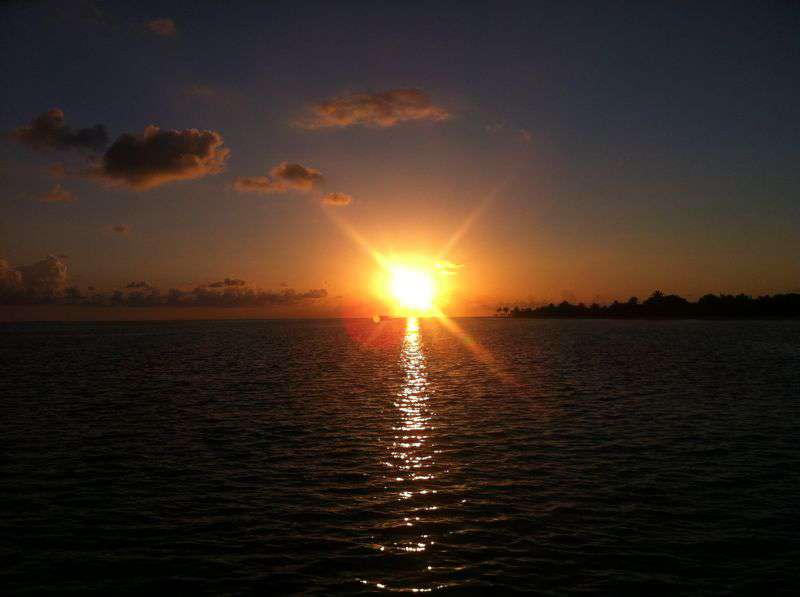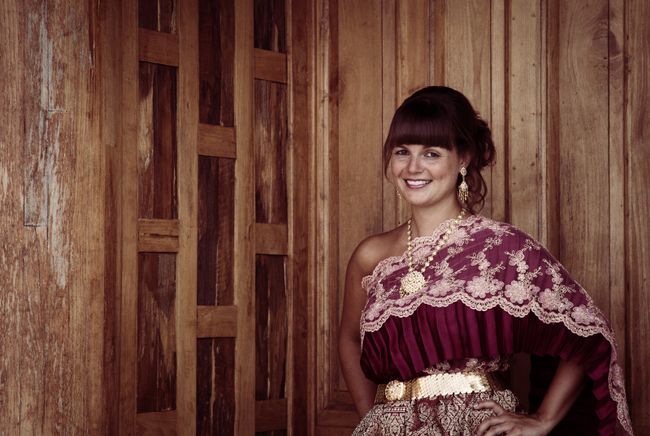Oh how beautiful... NAMIBIA!
Publié: 12.10.2018
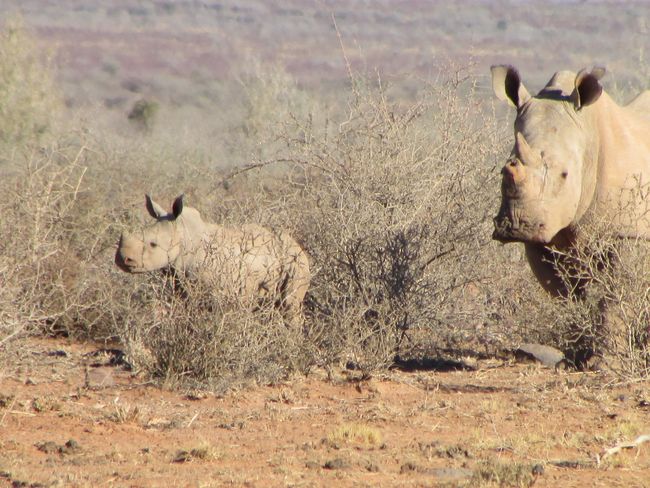
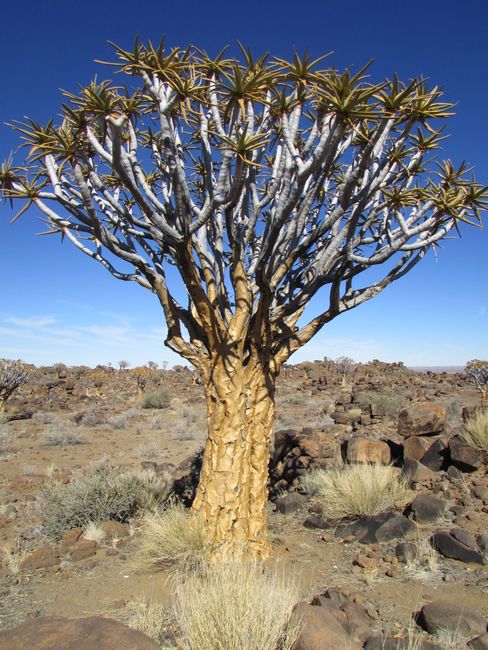
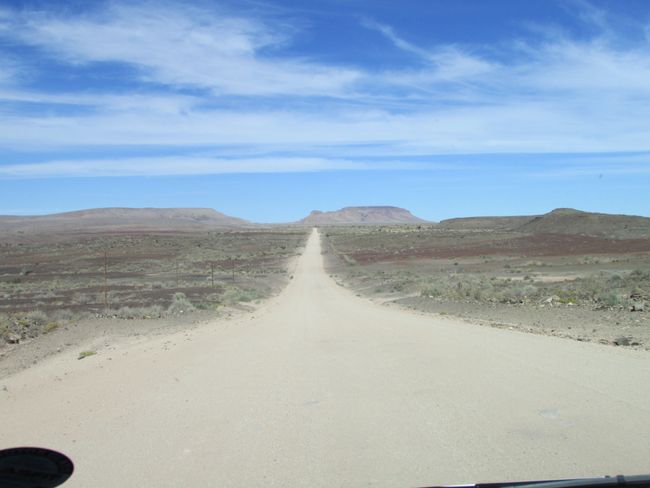
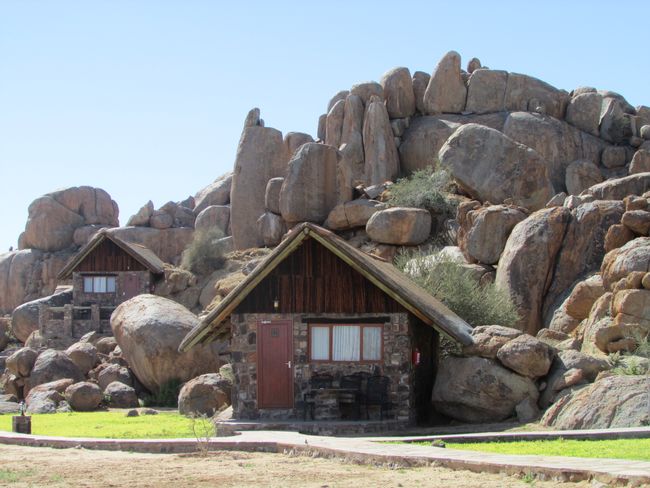
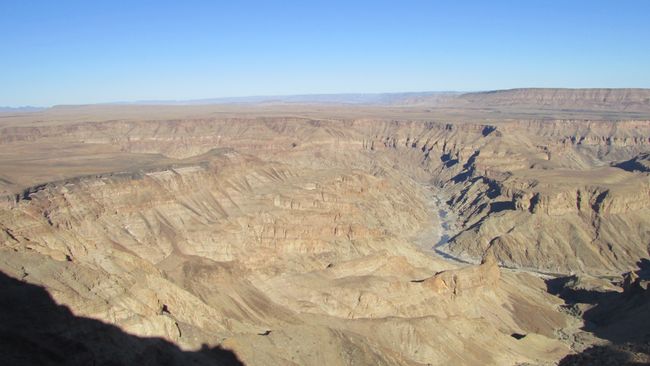
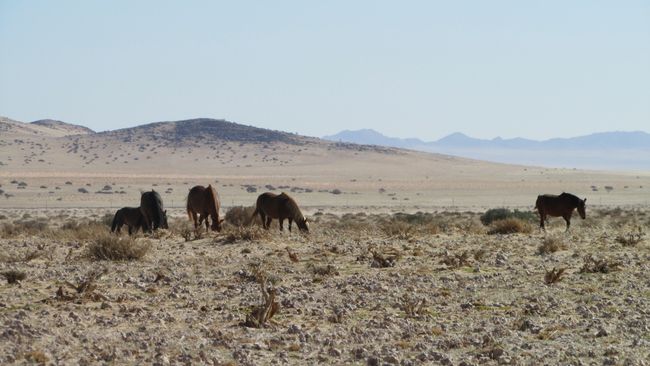
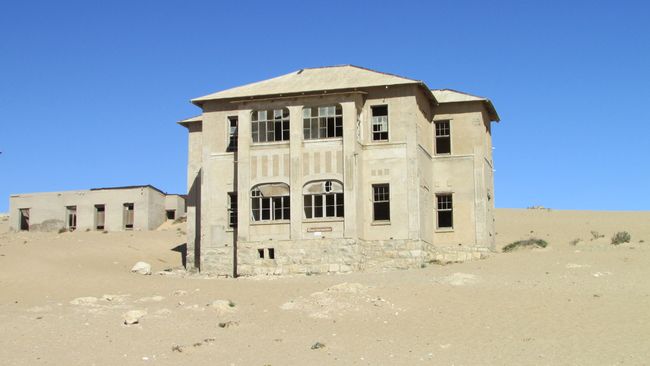
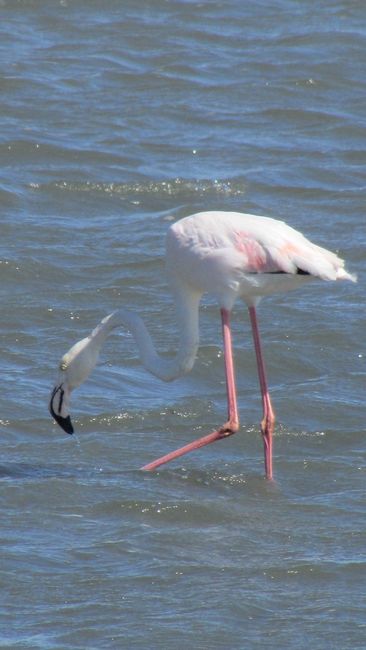
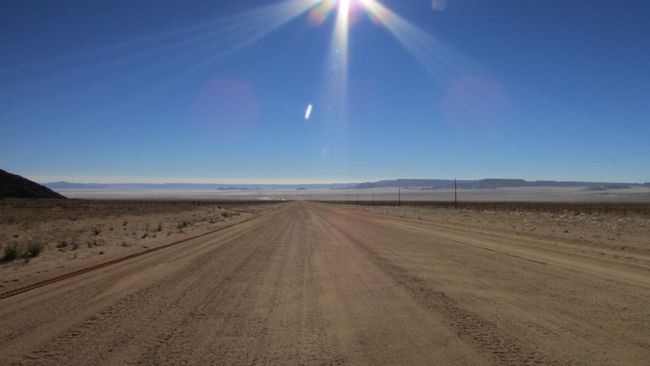
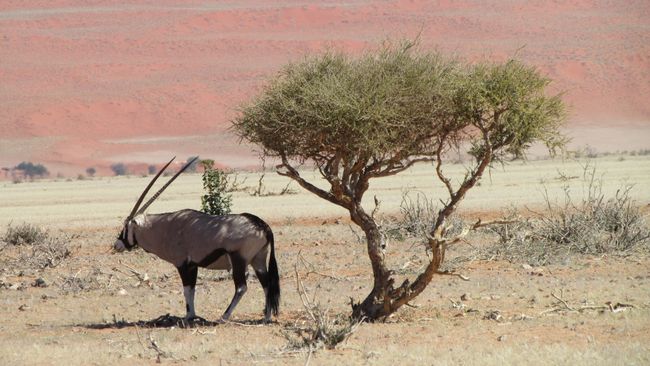
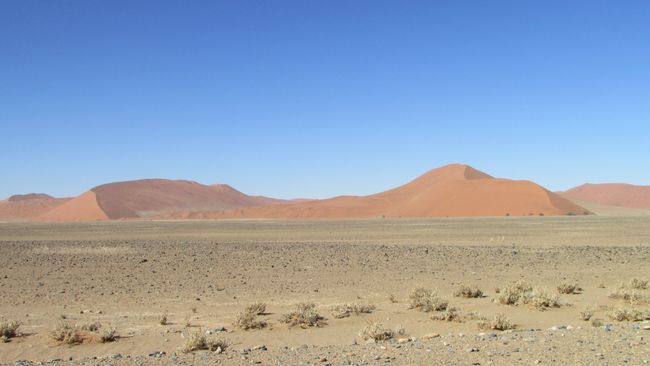
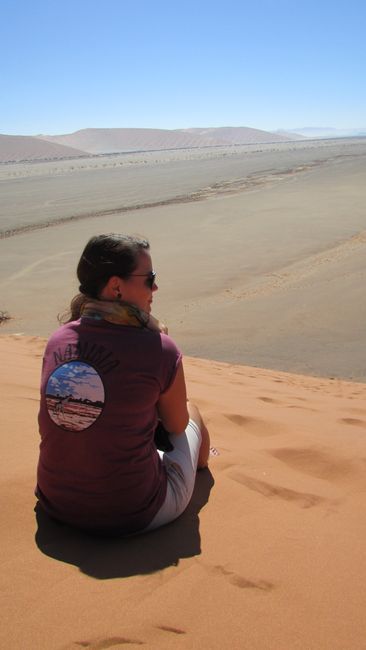
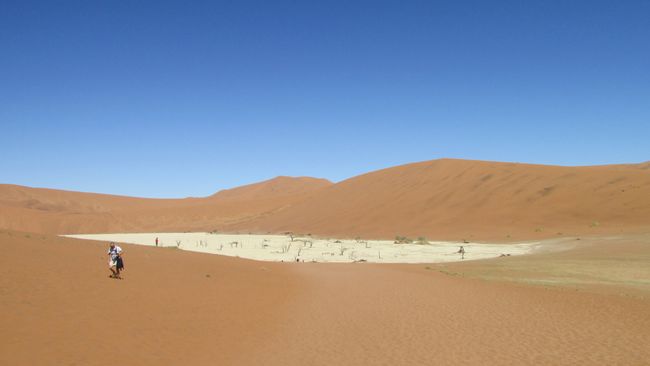
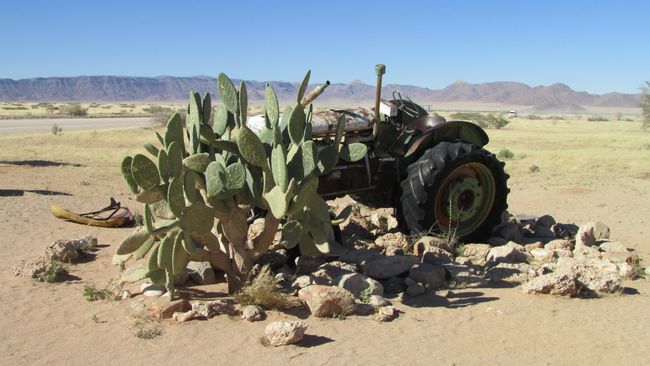
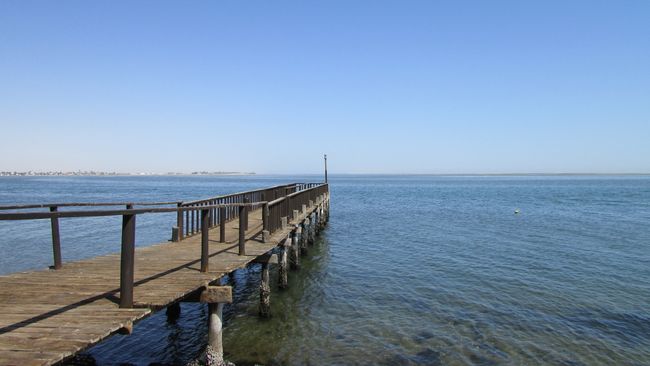
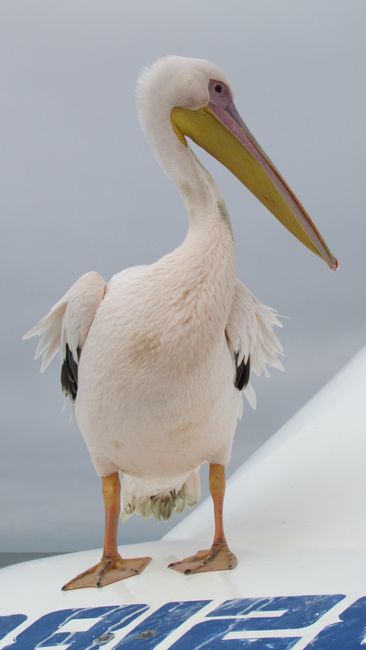
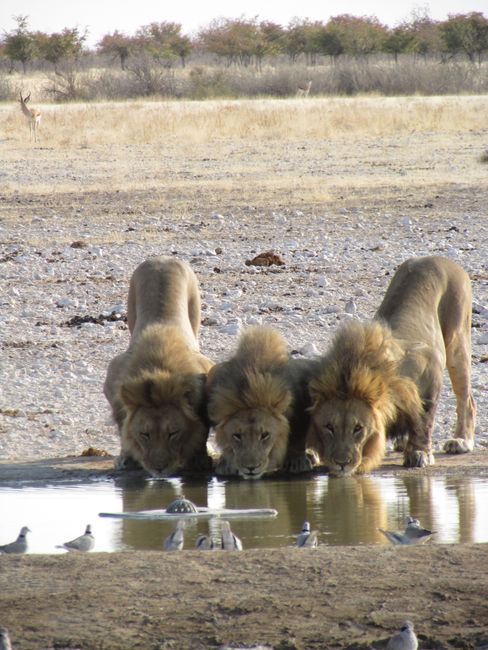
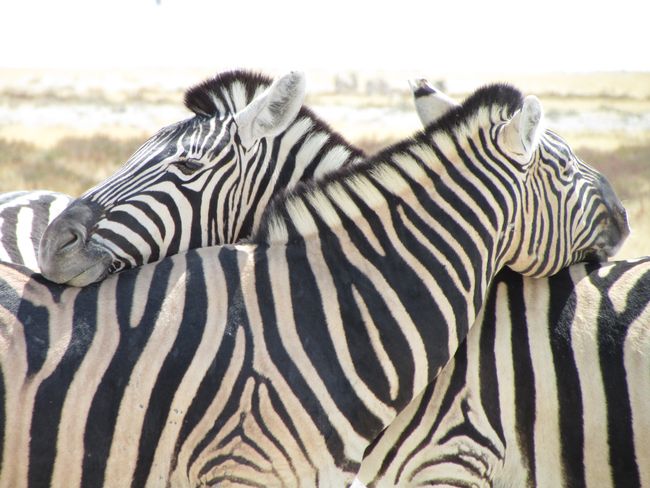
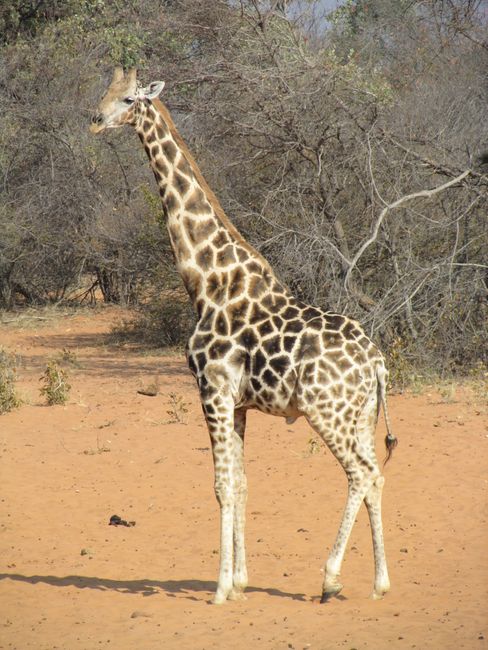
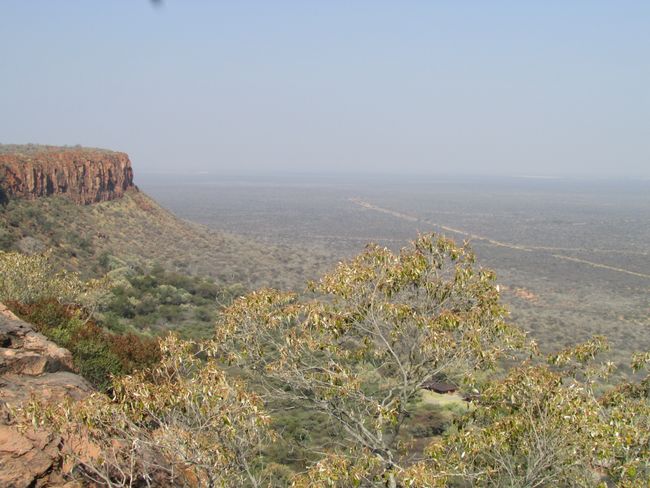
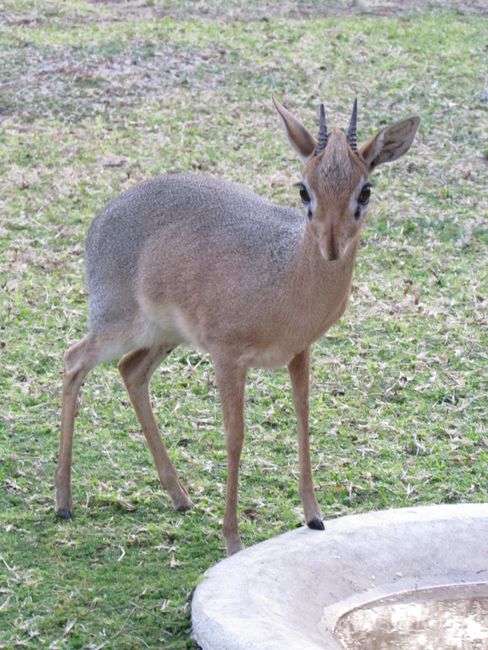
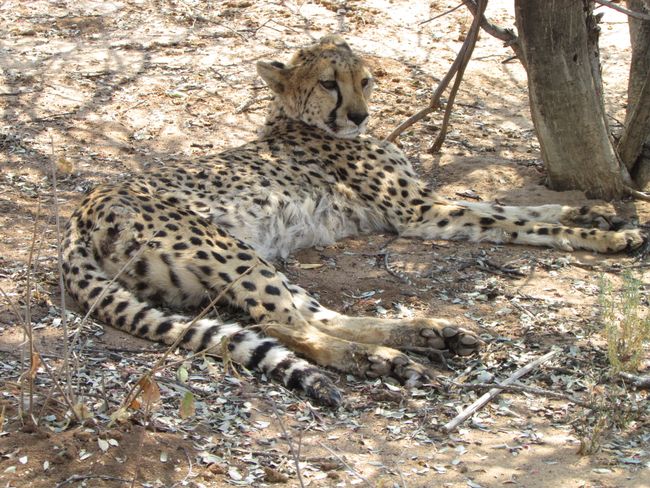
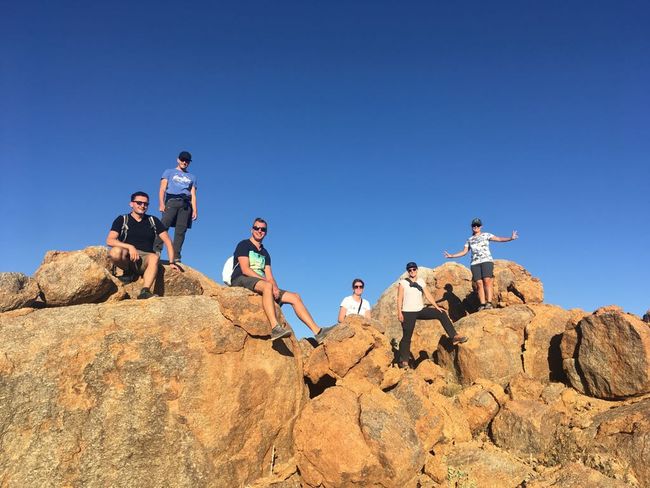
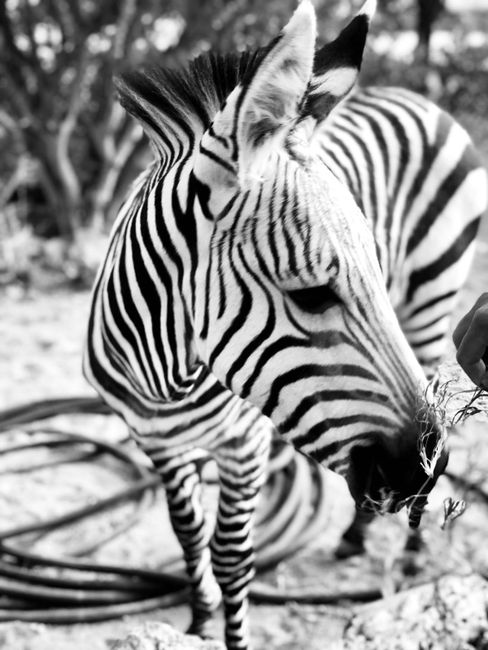
S'inscrire à la Newsletter
Endless expanses, beautiful nature, animals that you only know from the zoo, and indescribably beautiful sunsets... Who doesn't dream of going on a safari and experiencing the beautiful nature of Africa at least once in their life?!
Unfortunately, in the following report, I won't be able to even come close to describing how fantastic it actually is... but I will try to give a small glimpse of Namibia's highlights.
We traveled to Windhoek with five good friends in August 2018 via Doha with Quatar Air.
In total, we spent 22 days traveling from Windhoek.
We covered 5,200 km during this time with our T6 VW-Bus. Fortunately, without any flat tires, which are actually mandatory on a safari and given the road conditions. We drove over rough and smooth, without a guide, but with a lot of good spirits, a good GPS, and a sense of adventure in our luggage.
During our road trip, we had the opportunity to see many animals and experience them in their natural habitat.
Klippschliefer, meerkats, lizards, various species of antelope (oryx, kudu, impala), zebras, pelicans, sea lions, cheetahs, and ostriches are just a small selection of Namibia's incredible wildlife.
We also saw the "BIG FIVE", except for the leopard: a family of rhinos, a herd of water buffalo, three lion brothers, and a variety of elephants.
Namibia is a very diverse country. During our road trip, we were able to collect many impressions of the landscapes across the country: Steppe, desert, quiver trees, thorn bushes, and mountain ranges, as well as the coast to the Atlantic Ocean - no stop was even remotely similar to the other. At times, it felt like a small world trip that we undertook during this time.
During our road trip, we mainly stayed at various farms and lodges. In regions with larger cities, we also stayed in hotels here and there. We never spent more than 2 nights in one accommodation in order to see as much of the country as possible.
The family-run accommodations were my personal highlight - here, we always felt welcome right away, the food was wonderful everywhere, and the owners of the accommodations were always ready to listen and even had some tips for our onward journey. This is how we also saw many things that are not mentioned in the travel guides.
I was also impressed by the fact that many locals (South-Westerners, as they call themselves) have German roots and actually speak German almost perfectly, alongside English and Afrikaans.
There is no shortage of activities for day trips here either. Depending on our mood and condition of the day, we did many different tours that can be booked through the farms and lodges. The so-called "GAME DRIVES" are highly recommended. This requires getting up early or staying up late to observe Namibia's wildlife. But it's definitely worth it. If you want a bit more action, you can simply rent a quad or go horseback riding through the desert. A boat tour in the early morning is highly recommended on the Atlantic coast. Here, you can observe white pelicans, flamingos, and sea lions, who sometimes jump on board for a fish and save us the effort of zooming in with our cameras.
Historically, Namibia is also a very interesting place. Especially the ghost town of Kolmanskoppe, near Lüderitz on the Namibian coast, offers an interesting insight into the history of Germans in Namibia and the "diamond digging era". It is highly recommended to participate in a guided tour here and let the eerie, deserted place in the midst of a lot of sand take effect on you.
Looking back, honestly, I can barely decide which area impressed me the most. Every stop on our travel route had its own impressive features. But when I am asked what has stayed in my memory the most, it is definitely the Fish River Canyon and the Namib Desert, or more precisely, the Sossusvlei.
Next to the well-known Grand Canyon, the Fish River Canyon is the second largest in the world. The rock formations, the peaceful atmosphere, and the play of colors of the rocks at sunrise/sunset are phenomenal. This also makes the hearts of adventure seekers beat faster: many climbing trials and rock ledges invite you to climb and linger until sunset.
The Sossusvlei ("Blind River", salt pan) is located in southern Namibia, more precisely in the Namib Desert, and is surrounded by the highest sand dunes in the world. To experience the "DEAD VLEI", you can only do so with all-wheel-drive vehicles and subsequently hike through the oppressive heat of the Namib.
This place offers an almost unreal, unique atmosphere. Here, the landscape is mainly shaped by the dead camel thorn trees. The bright, cracked clay soil, the imposing trees, and the deep blue sky, surrounded by orange-red dunes, offer visitors to the Sossusvlei a contrasting and unique sight. Despite the many tourists, you feel lonely here and find many great photo opportunities.
As mentioned at the beginning, I can only provide a minimal glimpse into the actual beauty of this country, but in conclusion, I can only say: despite many exciting car rides and a tight schedule, I rarely felt as relaxed and satisfied after a vacation.
So, if you enjoy being surrounded by nature, don't shy away from remote places and a spark of adventure, then Namibia is the perfect place for you, and you will come back with many lasting memories and a multitude of pictures in your luggage!
S'inscrire à la Newsletter
Répondre
